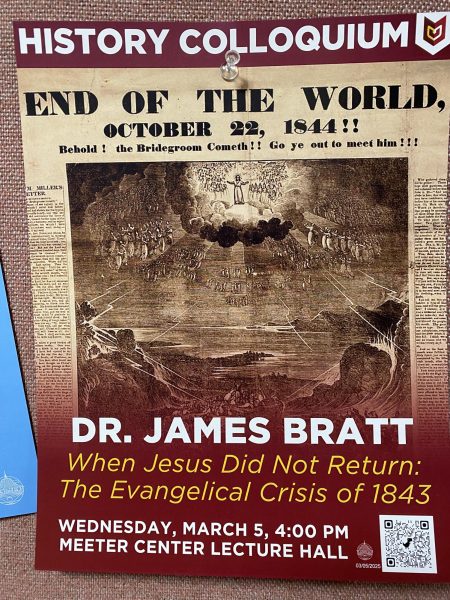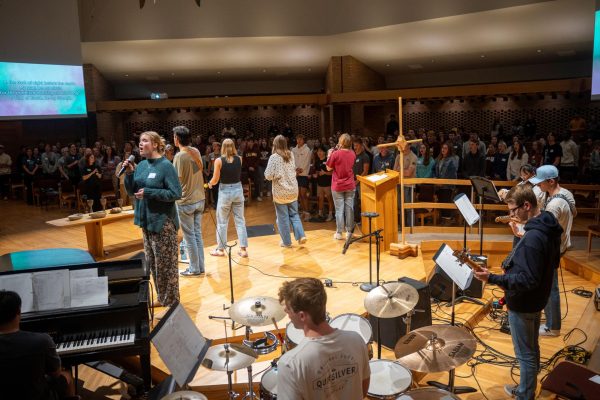John Oliver tackles the prosperity gospel
On a recent segment that aired on the HBO show Last Week Tonight with John Oliver, an investigative report examined televangelists that have been abusing tax exemptions intended for churches. The focus of the piece was not on churches themselves but “about the churches that exploit people’s faith for monetary gain,” as Oliver emphasized.
Many televangelists garner popularity from their congregations by preaching what is often known as the prosperity gospel. The basic idea of the message is that wealth is one of the primary ways in which God demonstrates his favor upon believers, thus in turn a faithful relationship with God will be rewarded through blessings of health and wealth.
Utilizing this prosperity theology alongside the tax exemptions given to churches, Oliver claimed that many televangelists have manipulated the system in order to pump massive amounts of money out of congregants.
According to Oliver, the IRS does not maintain a clear definition of a church, but rather follows a broad 14-point guideline to categorize an institution as a religious entity. By legal standards, once these conditions are met, a “church” has been effectively established and is eligible for the subsequent tax exemptions. While providing a clear and definitive standard for what a church is expected to look like may be difficult, the vagueness of the IRS’ guideline grants easy access to tax exemptions for certain institutions that operate under the guise of a church.
To illustrate the weakness of the IRS’ imprecise guideline, Oliver easily established his own “church” by the legal standards. While this was clearly done as a gag for the show, Oliver’s “church” did technically have access to the same financial benefits as other legitimate congregations.
Oliver cited several pastors who were explicitly preaching this particular message, giving video evidence of televangelists encouraging their congregation to continue to send offerings as a seed of faith in God. By utilizing a theology predicated on material wealth and well-being, certain televangelists have become successful in drawing large amounts of tax-free dollars from congregants by promising a larger return from God in the future.
As followers continue to plant “seeds of faith” through donations, they are continuously urged to give more so as to affirm their faithfulness. Physical healings, financial reward and debt clearance are among the many things that are promised in return for committed tithing. However, in reality, many of these televangelists ultimately take the tithe money themselves to finance things such as personal jets, vacations and other less than moderate expenses.
This report on Last Week Tonight has garnered the attention of many, pressuring the IRS to consider conducting more frequent church audits in an attempt to separate the legitimate religious entities from the fraudulent ones taking advantage of the tax exemptions.






